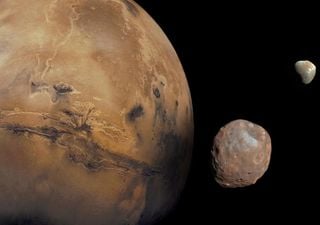
What is the planet with the most moons in the solar system? Which one has the least? Why? Let's see the answers to these questions.
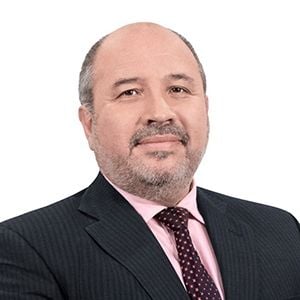
Meteorologist and scientific journalist, he has a degree in environment and is a Ph.D. student in Geography. He completed specialisations and postgraduate courses in Climate Change, Smart Cities, Resilient Cities, Sustainable Development, Early Warning Systems and Basin Management in Argentina, Chile, Uruguay, Panama, Spain, the United States and Italy.
He worked for 20 years in the National Meteorological Service of Argentina and at Canal Trece in Buenos Aires, where he hosted his own meteorology program and was co-host of an agricultural program; he also worked on Canal Rural, on the news channels TN and La Nación +, and currently hosts a weekly on Chacra TV. He also worked in radio and written press, being the author of two books.
He is an international consultant and lecturer on Climate Change, Smart Cities and Risk Management; researcher and postgraduate professor at the University of Salvador (USAL) and at the University of the Center for Macroeconomic Studies of Argentina (UCEMA), as well as at the International Climate Resilience Research Network (RIPERC) - State University of the West of Paraná (UNIOESTE ) in Brazil. Appointed Argentine expert in ISO/TC 292 Security and resilience, he is also a member of the group of experts on Urban Resilience of the Regional Office for the Americas of the United Nations Office for Disaster Risk Reduction (UNDRR).
He is the director of Hydrometeorology in the Municipality of La Plata and of the Early Warning System for the Government of the City of Buenos Aires.

What is the planet with the most moons in the solar system? Which one has the least? Why? Let's see the answers to these questions.
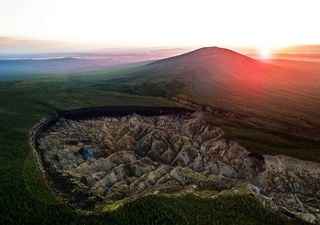
As a sign of the times and at a disturbing rate of one million cubic metres per year, this depression is growing in the permafrost of northwest Russia.

Not only is La Gioconda's smile an enigma in this painting. It has also been the background landscape of one of the most emblematic portraits in history.

An unsolved scientific problem gives the title to the hit Netflix series, which portrays a utopian China and humanity's first contact with an extraterrestrial intelligence.
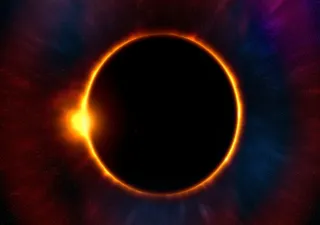
An eclipse must be one of the most wonderful spectacles we can enjoy... unless the tourists who come to your city to observe it make it collapse.
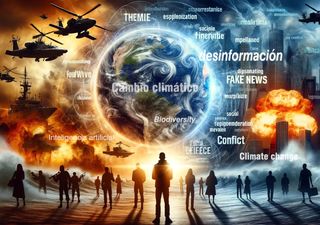
1,490 world leaders indicated what the greatest threats to the planet are this year and in the next decade. Surprises, but not so many...
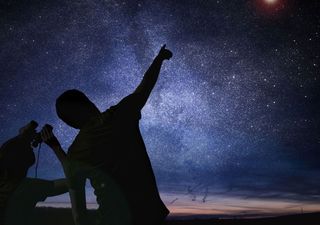
March will give us several interesting astronomical events with an equinox as the main protagonist, and several conjunctions.
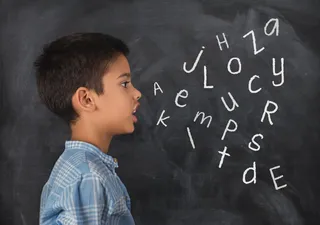
Using Big Data, 40,000 hours of audio from more than a thousand children under 4 years old on six continents were analyzed to find out why some speak before others.
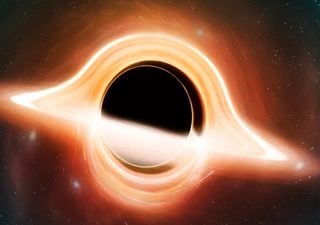
eROSITA is an X-ray space telescope that has revealed some of the most violent and inexplicable processes in space, expanding our knowledge about the universe to the unimaginable.

Stress has always been talked about as a fundamental factor in physical health. The way we perceive time also plays a role, opening up new relationships between mind and body.
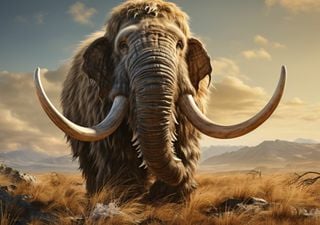
Colossal, a biotechnology company whose investors include the CIA (yes, that one of the spies), aims to "resurrect" extinct species before the end of the decade.
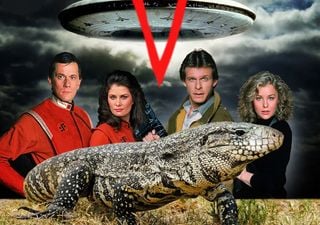
A lizard native to Argentina has become an invader in the United States, threatening native species and farmers.
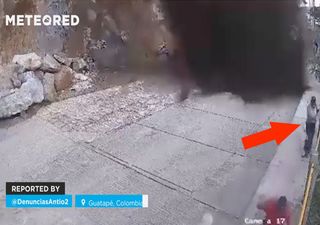
Terror and confusion swept visitors due to the collapse of part of a tourist attraction in Colombia, causing 15 injuries.

It is not the roar of a lion that most terrifies and frightens the animals in South Africa's Kruger National Park. This is the creepiest sound, according to a study.

A study analyzed hundreds of posts on social networks and established a ranking of the countries with the most attractive people in the world. These were the results.